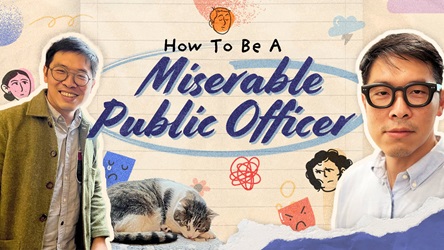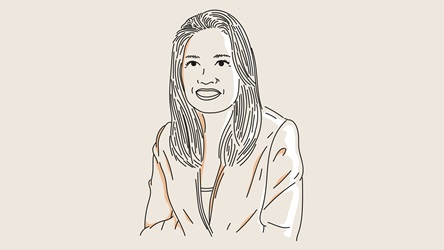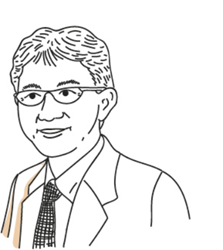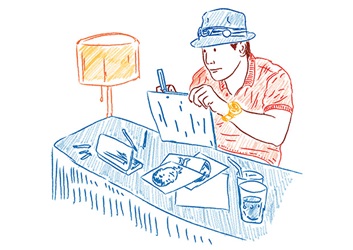I Am Grateful For The Mistakes I Have Made
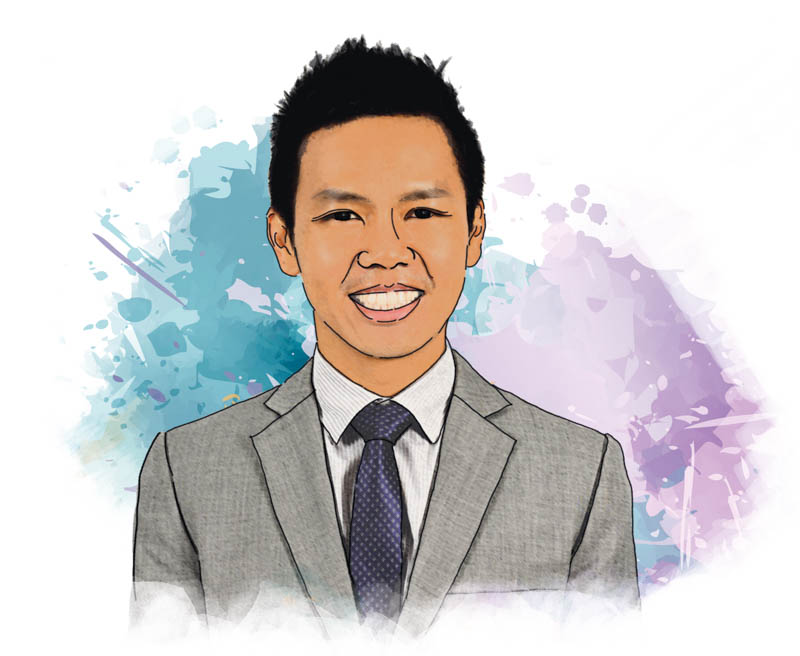
Deputy Secretary (Policy), Ministry of Defence (2014 – present)
Senior Director, PS21 Office, Public Service Division (2013 – 2014)
Institute Director, Institute of Governance and Policy, Civil Service College (2013 – 2014)
Director, Ministry of Trade and Industry (2008 – 2013)
DEAR YOUNG OFFICER,
I have made many mistakes over the past 16 years of my career in the Public Service. Every now and then, younger officers ask me what my biggest mistakes or regrets have been, so I thought I would recollect some of these experiences here.
I have an unforgettable memory of getting corrected by the Deputy Prime Minister (the current Prime Minister). In the early 2000s, I wrote a report that included some statistics about the debt situation in some neighbouring countries. In one case, I mistakenly wrote “billions” even though the correct sum was in the trillions. (Really! This was soon after the Asian Financial Crisis.) Unfortunately, it took the sharp eye of the DPM to point this out to my bosses. I learnt, very quickly and effectively, two important lessons: first, the need to proofread my written work very carefully (because you never know who’s going to read it), and second, that the DPM actually read my report!
Between 2010 and 2013, I had the privilege of negotiating a free trade agreement with the European Union (EU). The EU was a tough and demanding partner. Its negotiators pushed us hard in many areas, and in order to find solutions, I too had to push our own negotiators, from many government agencies. On at least one occasion, I took matters into my own hands prematurely. I was impatient with the negotiations over what I thought were “stylistic” issues in one chapter of the agreement. I asked for a break, and then rewrote the outstanding portion of the chapter myself.
Let me be clear – with hindsight, I see this as a mistake, not an accomplishment to be proud of. Doing so may have solved the immediate problem on hand, but it did nothing to strengthen the sense of ownership that the implementing agency would need to have towards the issue. Looking back, I wish I had held back and allowed the difficult negotiations to continue further. In all likelihood, better compromises would have emerged.

A final, and more sombre, story. Several years ago, I was at a working dinner for a visiting official. Halfway through the dinner, I received an SMS that informed me that the 15-year-old son of a close friend had passed away under the most unexpected circumstances that very evening. I knew the boy fairly well, and had been a sort of a mentor to him too. I excused myself, went to the washroom to take in this information, and then I composed myself, returned to the dinner and resumed the conversation as if nothing had happened. Later that evening, after dinner was over, I returned home, sat down with my wife and cried.
When I think about this episode, I can’t help but wonder: Could I have done anything differently? For instance, could I have made a difference if I had excused myself from the dinner and then headed to the hospital to grieve with my friend? Maybe it would have made no difference. But I will never know.
In our work and life, we will face choices every day. Some are inconsequential, some are not, and many have consequences that are not immediately discernible. This must surely mean we will make mistakes every now and then.
I am grateful for the mistakes I have made. Through them, I have learnt to be more careful and conscientious in checking my facts, figures, dates and writing, in order to give my bosses confidence in my work. I have learnt to be more patient and less overbearing with co-workers who are likely to have different perspectives and hence may need more time to think about the issue at hand. And I have learnt to be more thoughtful and more humane, to pay attention to my heart and my head – so that my work is not just something I do for 8 to 10 hours a day to pay the bills, but an extension of my deepest, truest being.
- POSTED ON
Jul 1, 2015
- TEXT BY
Keith Tan
-
Out of Office

The Perks of Not Being A Wallflower




